News + Media
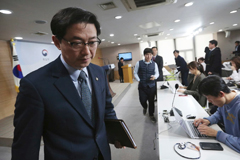 |
In the NewsMarch 22, 2019North Korea pulls out of liaison office with the South in blow to warming tiesMin Joo Kim and Simon DenyerThe Washington PostVipin Narang described the latest development as “ominous” but agreed it was more likely a pressure tactic than a sign of an irrevocable rift. “The optimistic view is it is very calibrated signaling designed to get the U.S. to move away from insisting on complete surrender up front,” he said. “The pessimistic reading, which I don’t yet share,” he added, “is that Kim has decided after Hanoi that it’s over and that he’s lost the will to negotiate further, and is now just prepping the battlefield, quite literally, for a return to hostile relations.” |
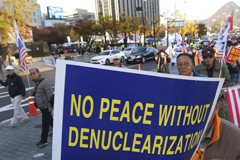 |
In the NewsMarch 21, 2019US imposes first N. Korea-linked sanctions since failed summitSteve HermanVoice of America“Insisting on unilateral North Korean disarmament upfront is pushing on the wrong door. We should be pushing to first slow the program, then cap it, and ultimately keep rollback and disarmament the long-term goal,” said Vipin Narang. “But every month that passes without a grand deal is one in which North Korea's nuclear program continues to grow larger — increasing the risk of its own use and proliferation to other countries — and the chances of a deal grow smaller.” |
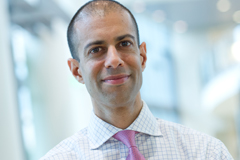 |
In the NewsMarch 19, 2019Trump officials privately bracing for North Korea's next moveKylie Atwood and Zachary CohenCNN“We may not know until it's on the stand,” according to Vipin Narang, an associate professor of political science at MIT, focusing on nuclear proliferation and strategy, who told CNN that it entirely depends on the type of engine and the payload it is carrying. |
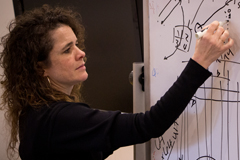 |
In the NewsMarch 19, 2019Mapping urban transportMichelle EnglishMIT NewsSarah Williams is combining her skills as a geographer, architect, data scientist, and city planner to create data for civic change. Her latest project is funded in part by the Center’s International Policy Lab. |
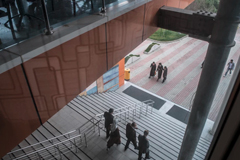 |
Analysis + OpinionMarch 18, 2019The geography of Gulenism in TurkeyTugba Bozcaga, Fotini Christia Foreign PolicyAny government would have reason for concern if a group with undemocratic motivations such as the Gulen movement reached enormous capacity in bureaucracy and social services. |
 |
In the NewsMarch 18, 2019After the Cold War, an uncertain peacePeter DizikesMIT NewsIn a recent MIT Starr Forum, Michael McFaul, former US ambassador to Russia, explores tensions between the two countries. |
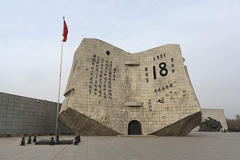 |
In the NewsMarch 14, 2019Commerce and coercionLeda ZimmermanMIT Political ScienceResponding to disputes with foreign powers, China does not speak with one voice, finds political science doctoral candidate Kacie Miura. |
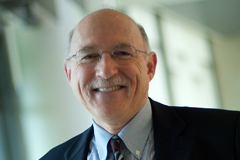 |
In the NewsMarch 12, 2019A trilogy of decency: Posen, Mearsheimer, Walt and the US grand strategyJose A Zorrilla Political InsightsAmbassador Jose A Zorrilla offers a review of Barry Posen's Restraint, as the first of three books offering comprehensive grand strategy to US foreign policy. |
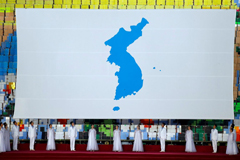 |
Analysis + OpinionMarch 12, 2019The Hanoi Summit – we asked Se Young Jang what happens next in US-North Korea relationsSe Young JangThe National Interest“Washington and Pyongyang need to promptly resume working-level negotiations and restore trust in each other as negotiating partners.” |
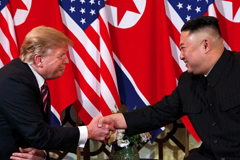 |
In the NewsMarch 11, 2019Trump’s diplomacy with Kim dims as both sides return to hard-line positionsJohn Hudson The Washington Post“If we’re going to stay firm on the maximalist position, it’s hard to see where we go from here because there’s no way Kim is going to accept this,” said Vipin Narang, a North Korea expert at the Massachusetts Institute of Technology. |



